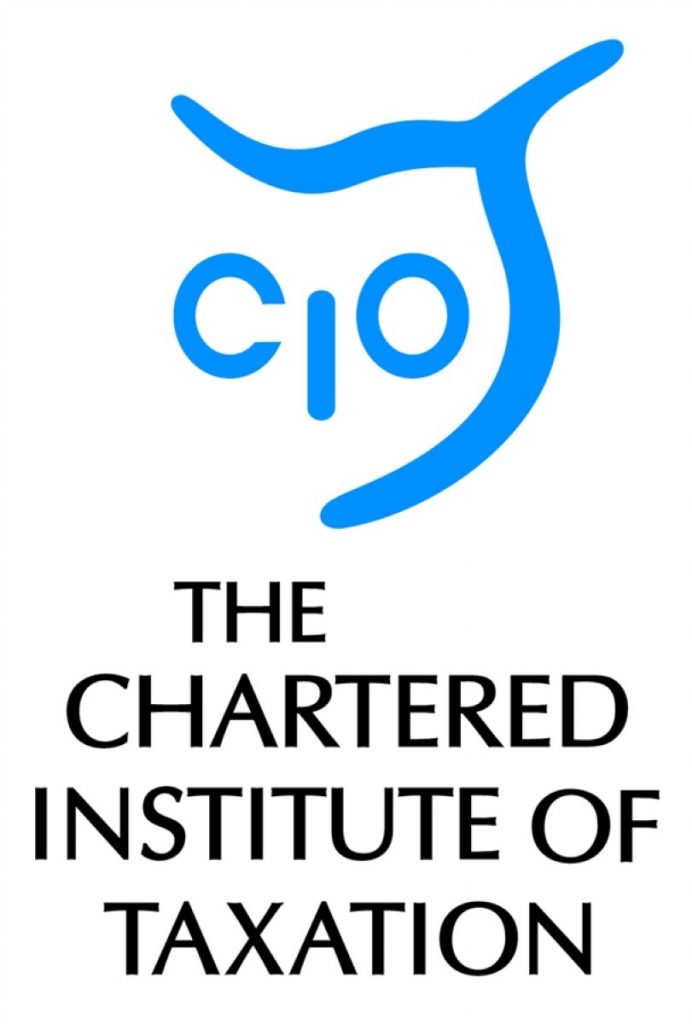The Chartered Institute of Taxation (CIOT) is concerned that businesses undertaking some commercial transactions will face unnecessary uncertainty because of a lack of clarity about the breadth of a new anti-avoidance tax rule.
The Finance Bill 2016 introduces a new targeted anti-avoidance rule (TAAR)1 for certain distributions of share capital made on winding up a company2. The aim is to tackle a small number of taxpayers who are seen to be exploiting the current rules to reduce the tax that they pay.
The CIOT has told HMRC that the TAAR, which is widely drawn, potentially encompasses a very wide a range of legitimate commercial situations where tax avoidance is not likely to be the motivating factor.
The new TAAR does not have a formal advance clearance procedure, whereas various other parts of UK tax legislation applicable to significant transactions do. This means that taxpayers will have to self-assess whether the TAAR applies or not. A clearance procedure would enable taxpayers to obtain a ruling from HMRC in advance of a transaction. This would greatly reduce uncertainty. Instead, business can only use the wording of the legislation and HMRC’s guidance to decide for themselves whether the TAAR applies or not.
Tina Riches, Chair of the CIOT’s Owner Managed Business Sub-committee, said:
“The business community would prefer a more narrow use of the TAAR so that legitimate commercial decisions and transactions are not delayed or obstructed.
“As it stands, without an advance clearance procedure, it will be crucial that clear guidance on how HMRC plan to interpret the legislation is made publically available by HMRC. This should be published as soon as possible, even if in draft, in order to minimise the uncertainty that the legislation has created.
“Despite our view that having to rely on HMRC guidance is a very unsatisfactory feature of the current UK tax system, businesses need certainty about the sorts of transactions that HMRC consider are caught by the legislation.
“We have therefore sent HMRC 18 examples of transactions provided by our members that we think are suitable for guidance and on which HMRC’s view is needed”.
The CIOT outlined its views in written responses to HMRC.3
Notes for editors
1. ITTOIA 2005 new section 396B, which is being introduced by Finance Bill 2016 clause 35, creates a new Targeted Anti-Avoidance Rule (TAAR) which will affect some distributions made to an individual in respect of share capital in the winding up of a UK resident company. It will apply if four conditions are met, including there being an intention to gain a tax advantage, and the distribution is not ‘excluded’ by subsection 7. Where the TAAR applies, the distribution will be taxable as income rather than as capital. Distributions in the course of winding up are normally treated as capital. Currently, capital is taxable at lower rates of tax than income.
2. Winding up is the process of selling all the assets of a business, paying off creditors, distributing any remaining assets to the shareholders and then dissolving the business. A company may be wound up for a variety of non-tax reasons; for example, the director shareholders may have reached retirement age and find that the easiest way to dispose of the assets is to sell them individually and wind up the company, rather than sell the company as a whole, even though this can result in double taxation. Another common reason is that the company may have been set up for a special purpose, such as to construct a large building or carry out another civil engineering project, which once complete and sold on means the company is no longer required.
3. The CIOT’s submission to HMRC can be read here.
4. The Chartered Institute of Taxation (CIOT)
The CIOT is the leading professional body in the United Kingdom concerned solely with taxation. The CIOT is an educational charity, promoting education and study of the administration and practice of taxation. One of our key aims is to work for a better, more efficient, tax system for all affected by it – taxpayers, their advisers and the authorities. The CIOT’s work covers all aspects of taxation, including direct and indirect taxes and duties. Through our Low Incomes Tax Reform Group (LITRG), the CIOT has a particular focus on improving the tax system, including tax credits and benefits, for the unrepresented taxpayer.
The CIOT draws on our members’ experience in private practice, commerce and industry, government and academia to improve tax administration and propose and explain how tax policy objectives can most effectively be achieved. We also link to, and draw on, similar leading professional tax bodies in other countries. The CIOT’s comments and recommendations on tax issues are made in line with our charitable objectives: we are politically neutral in our work.
The CIOT’s 17,600 members have the practising title of ‘Chartered Tax Adviser’ and the designatory letters ‘CTA’, to represent the leading tax qualification.
Contact: Hamant Verma, External Relations Officer, 0207 340 2702 HVerma@ciot.org.uk (Out of hours contact: George Crozier, 07740 477 374)





-01.png)